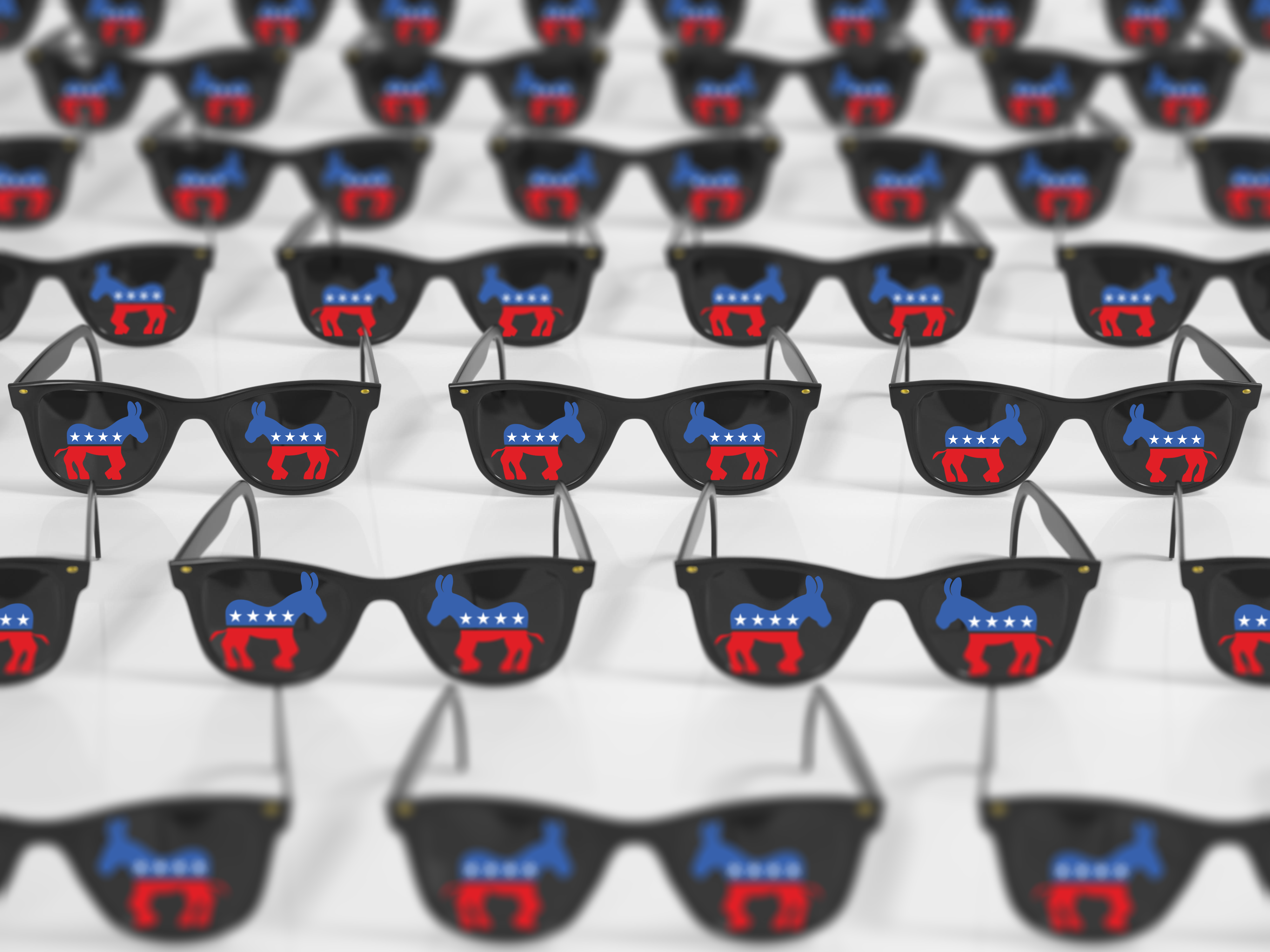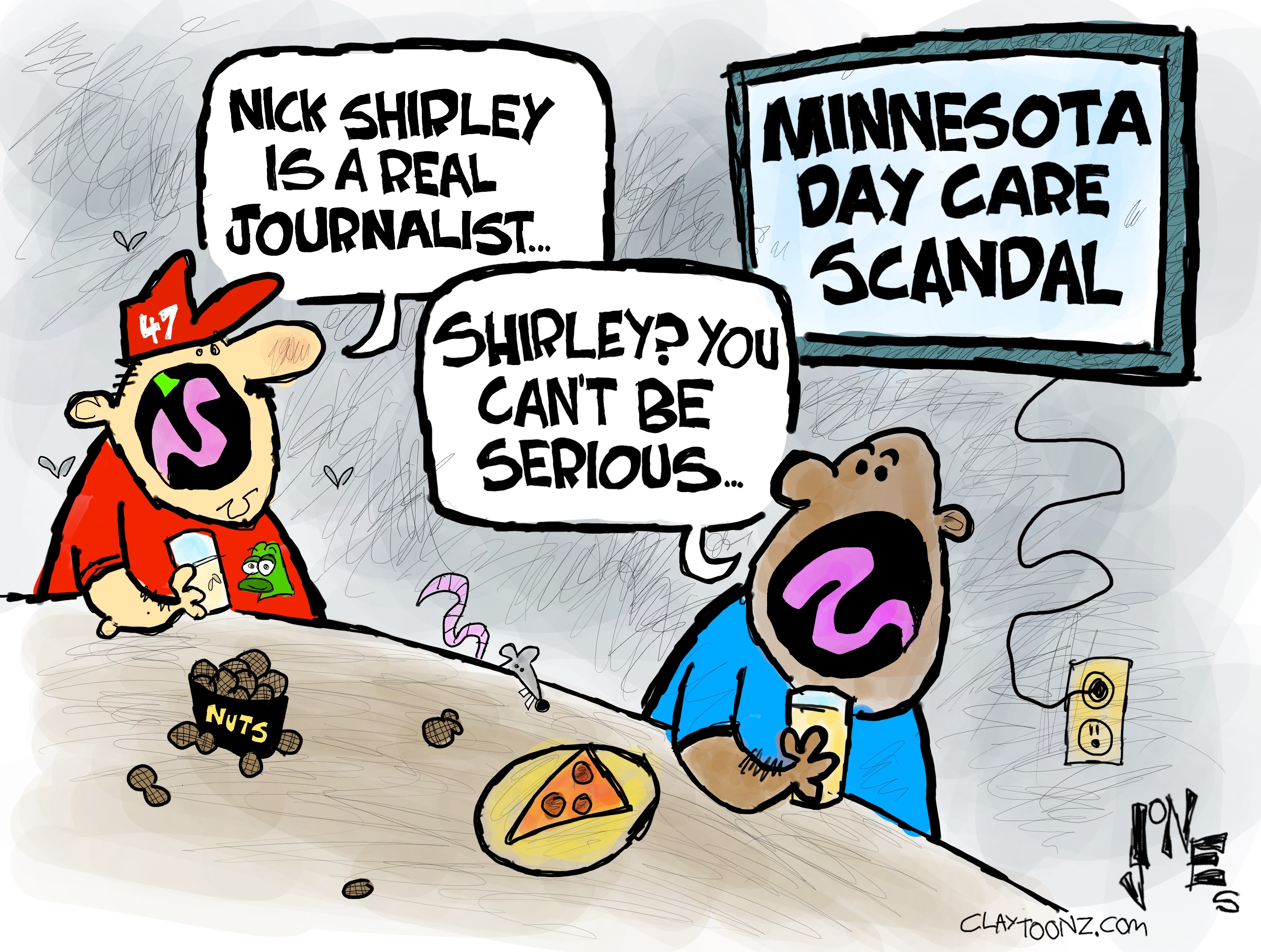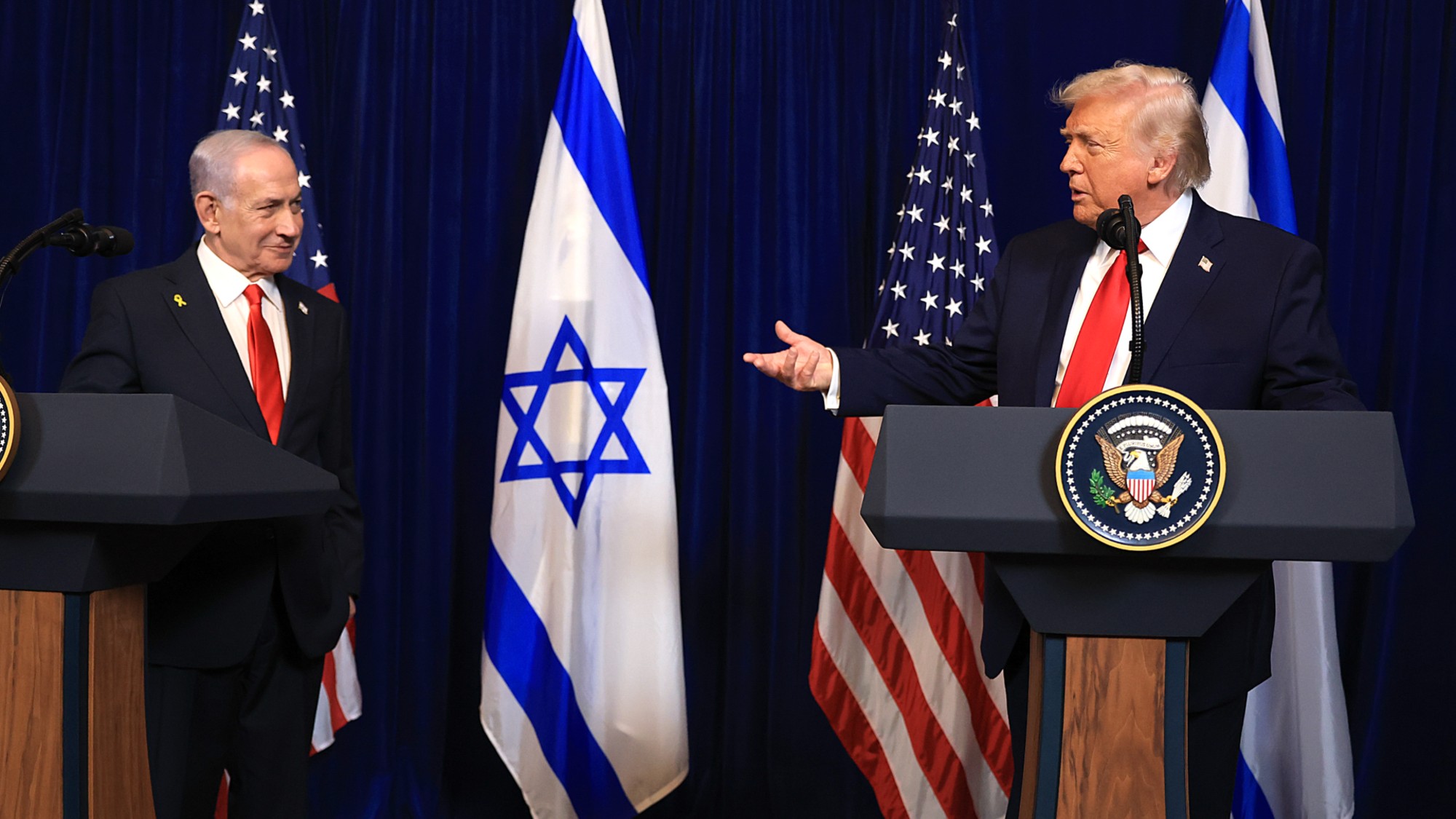The election is not rigged against Trump. But the media is biased against the GOP.
The media bias about which Republicans have long complained has become undeniable reality in the 2016 campaign


Donald Trump is sinking — and fast.
His poll numbers have plunged at both the national and battleground-state levels as a series of past misogynistic remarks and allegations of sexual misconduct have emerged over the last two weeks. The brash exuberance that accompanied his September rebound has morphed into bitter anger over what the GOP nominee perceives as a media conspiracy to rob him of victory in the upcoming election, and to hand the White House to Democrat Hillary Clinton.
"The election is absolutely being rigged by the dishonest and distorted media pushing Crooked Hillary," Trump tweeted on Sunday. Trump also alleged that "many polling places" had been corrupted, even though most states have not yet opened their polling stations. Most of the states where early voting has begun use the mail rather than polling stations.
The Week
Escape your echo chamber. Get the facts behind the news, plus analysis from multiple perspectives.

Sign up for The Week's Free Newsletters
From our morning news briefing to a weekly Good News Newsletter, get the best of The Week delivered directly to your inbox.
From our morning news briefing to a weekly Good News Newsletter, get the best of The Week delivered directly to your inbox.
Trump and his campaign have not produced any evidence to back up allegations of America's voting system being rigged against him.
But that doesn't mean Trump's accusations of media bias are baseless. Indeed, these charges are on very solid footing.
The media bias about which Republicans have long complained has become undeniable reality in the 2016 campaign. Now, it's not hard to see why the national media is biased against conservatives. While there are plenty of conservatives working at national newspapers and political magazines in New York and Washington, the bulk of the journalists that comprise what most Americans think of as the "mainstream" media lean left. It doesn't take some cabal of liberal journalists hatching anti-Republican plots in the middle of the night to achieve the media's broad anti-Republican bias. It just takes an industry that tends to employ more liberals than conservatives. For example, journalists have given nearly $400,000 to Hillary Clinton's campaign. And Trump's?
The watchdog Center for Public Integrity on Monday said that journalists favored Clinton 27-1 over Trump, who got a tiny $14,000.Some 430 in the media business donated to Clinton compared to 50 to Trump. [Washington Examiner]
You can see bias in the actual coverage, too. A study from Harvard's Shorenstein Center of the four weeks encompassing and surrounding the two major-party political conventions makes this obvious. Trump's news coverage during this period was 75 percent negative; the friendliest week Trump got from the media was the week of the convention itself — when it was "only" 55 percent negative
A free daily email with the biggest news stories of the day – and the best features from TheWeek.com
Contrast that with the treatment Hillary Clinton received in the same period, which overall was 44 percent positive. Where no news outlet in the Shorenstein study managed to get to 40 percent positive coverage of Trump, all but one (Washington Times) had 40 percent or more positive coverage of Clinton. Four of the 11 media outlets offered better than 50 percent positive coverage to Clinton. While coverage of Trump's qualifications only generated 22 percent positive coverage, 69 percent of the coverage of Clinton's leadership qualities was positive.
You might argue that Trump's convention was objectively more divisive, scattered, and negative than Clinton's, and the coverage simply reflected that. But that surely can't account for all of this disparity. Some of it, undoubtedly, is due to journalists' (often subtle and unconscious) bias.
But Trump didn't always suffer from media bias. In the GOP primaries, the media was arguably biased in his favor.
"From the time he announced his candidacy until the start of the conventions," Shorenstein study author Thomas Patterson writes, "Trump had not experienced anywhere near the press criticism directed at him during the final two weeks of the convention period." The media shift becomes all the more remarkable when considering an earlier study by Patterson about media coverage in 2015. Not only did the media obsess over Trump, providing him with an estimated $55 million in earned media, but the coverage provided by the same outlets was considerably more benign. "Across all the outlets," Patterson notes, "Trump's coverage was roughly two-to-one favorable."
Republicans have long contended with media bias. That was one of Trump's supposed selling points — that his celebrity would outmatch any bias in the media, and that his own media savvy would make him unbeatable. Republicans who prized victory over policy or character backed Trump because he would hold nothing back, taking the fight to the Clintons and using his mastery of media manipulation to benefit the GOP. Skeptics pointed out that Trump's long and controversial history in business and the media made him particularly vulnerable to late-season attacks based on opposition research — and that primary media coverage patterns would not hold up in the general-election season.
Clearly, the skeptics got it right.
And though the media is biased against Republicans, the truth is that most of the damage done to Trump in the last few months has been either inflicted or seriously exacerbated by himself — and all of that belies the argument that Trump's supposed skills at media mastery was all Republicans really needed to win the White House.
Edward Morrissey has been writing about politics since 2003 in his blog, Captain's Quarters, and now writes for HotAir.com. His columns have appeared in the Washington Post, the New York Post, The New York Sun, the Washington Times, and other newspapers. Morrissey has a daily Internet talk show on politics and culture at Hot Air. Since 2004, Morrissey has had a weekend talk radio show in the Minneapolis/St. Paul area and often fills in as a guest on Salem Radio Network's nationally-syndicated shows. He lives in the Twin Cities area of Minnesota with his wife, son and daughter-in-law, and his two granddaughters. Morrissey's new book, GOING RED, will be published by Crown Forum on April 5, 2016.
-
 Political cartoons for January 3
Political cartoons for January 3Cartoons Saturday's political cartoons include citizen journalists, self-reflective AI, and Donald Trump's transparency
-
 Into the Woods: a ‘hypnotic’ production
Into the Woods: a ‘hypnotic’ productionThe Week Recommends Jordan Fein’s revival of the much-loved Stephen Sondheim musical is ‘sharp, propulsive and often very funny’
-
 ‘Let 2026 be a year of reckoning’
‘Let 2026 be a year of reckoning’Instant Opinion Opinion, comment and editorials of the day
-
 Bari Weiss’ ‘60 Minutes’ scandal is about more than one report
Bari Weiss’ ‘60 Minutes’ scandal is about more than one reportIN THE SPOTLIGHT By blocking an approved segment on a controversial prison holding US deportees in El Salvador, the editor-in-chief of CBS News has become the main story
-
 Has Zohran Mamdani shown the Democrats how to win again?
Has Zohran Mamdani shown the Democrats how to win again?Today’s Big Question New York City mayoral election touted as victory for left-wing populists but moderate centrist wins elsewhere present more complex path for Democratic Party
-
 Millions turn out for anti-Trump ‘No Kings’ rallies
Millions turn out for anti-Trump ‘No Kings’ ralliesSpeed Read An estimated 7 million people participated, 2 million more than at the first ‘No Kings’ protest in June
-
 Ghislaine Maxwell: angling for a Trump pardon
Ghislaine Maxwell: angling for a Trump pardonTalking Point Convicted sex trafficker's testimony could shed new light on president's links to Jeffrey Epstein
-
 The last words and final moments of 40 presidents
The last words and final moments of 40 presidentsThe Explainer Some are eloquent quotes worthy of the holders of the highest office in the nation, and others... aren't
-
 The JFK files: the truth at last?
The JFK files: the truth at last?In The Spotlight More than 64,000 previously classified documents relating the 1963 assassination of John F. Kennedy have been released by the Trump administration
-
 'Seriously, not literally': how should the world take Donald Trump?
'Seriously, not literally': how should the world take Donald Trump?Today's big question White House rhetoric and reality look likely to become increasingly blurred
-
 Will Trump's 'madman' strategy pay off?
Will Trump's 'madman' strategy pay off?Today's Big Question Incoming US president likes to seem unpredictable but, this time round, world leaders could be wise to his playbook
